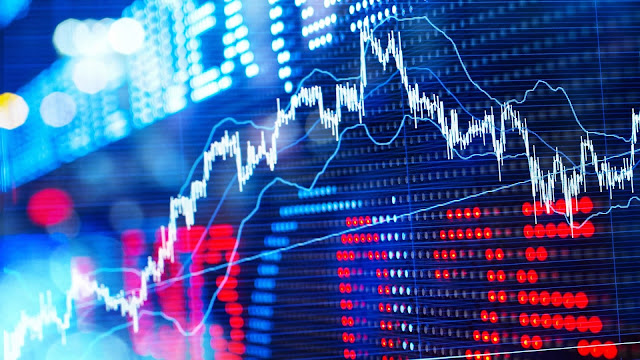Trying to forecast forex rates is an acquired skill
It is not easy to forecast the forex markets, but it is what thousands of forex traders and brokers do every day, with varying degrees of success. Like forecasting the weather, predicting the forex market is sometimes a crapshoot, sometimes a guessing game, and always an adventure.
There are two basic philosophies on how to forecast the forex markets. One is technical analysis; the other is fundamental analysis. We will look at both of them.
The technical approach examines past market action and uses that data to predict the future. Previous trends in most areas of life are almost always good indicators of the future; forex is no different. People have not changed much in the decades since the forex market was created. People still buy and sell and react to stimuli in much the same way as they did 50 years ago.
Since forex rates change constantly throughout the day, every day, looking at all the years of past data can be daunting. Smart analysts learned to look at the big picture, skip the minor details, and examine trends over a longer period of time.
Using fundamental analysis to forecast forex markets is a bit more in-depth, but it can also be highly accurate. Basically, fundamental analysis means forecasting the market based on external factors -- political moves, government involvement, social movements, and even the weather. Someone good at fundamental analysis might forecast forex drop-offs because they know a country’s government is unstable at the moment or increases because the country has just elected a popular new leader. Anything that can affect a nation’s economy can affect the exchange rates, and that’s what a fundamental analyst uses to guess the forex market’s future.
Naturally, this means having to know a particular country in-depth, which is hard to do for more than a few countries at a time. (It becomes even more complicated when trying to forecast the euro since several different countries use that currency.) But having that kind of intricate knowledge makes it much, much easier to forecast forex trends.
Most good traders use a mixture of both processes, technical and fundamental. For example, a trader might see that a country is currently facing a particularly strong hurricane season (fundamental) and know that in the past, strong hurricane seasons have meant a weaker economy for that nation (technical). Thus, they can predict downturns for that nation with some degree of confidence.

Post a Comment for " Trying to forecast forex rates is an acquired skill"